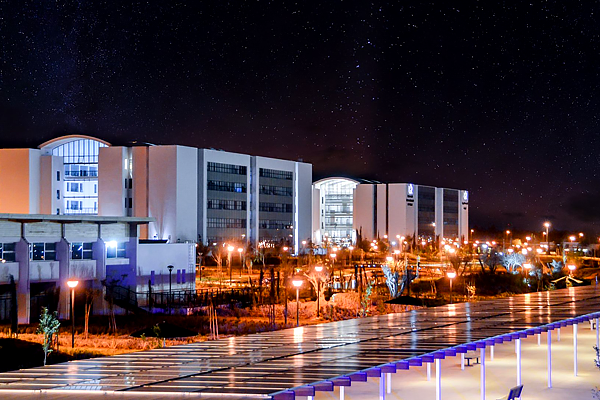Six researchers from the International University of Rabat (UIR) have earned a spot among the top 2% of the world’s leading scientists in 2024, according to the highly regarded annual ranking by Stanford University. This recognition highlights the exceptional contributions of UIR’s experts, both for their entire careers and their scientific output in 2023, as announced in a UIR press release.
The six honored researchers are Mounir Ghogho, Asmae Berrada, Mohamed Balli, Said Ahzi, Amine Belhadi, and Foued Saâdaoui. Their achievements were measured by Stanford’s ranking, which is based on scientific production indexed in SCOPUS—the global leader in scientific publication indexing. The ranking assesses researchers across multiple fields, using stringent criteria such as the quality of publications, citation frequency, and the overall impact of their work.
Being ranked among the top 2% of scientists worldwide is a significant achievement for UIR, underscoring the university’s commitment to academic excellence and high-caliber research, the press release noted.
This global distinction also highlights the diversity of UIR’s research fields, spanning engineering, social sciences, medicine, and information technology. These experts not only advance scientific knowledge but also enhance UIR’s international reputation as a leading research institution.
“We are immensely proud of this international recognition, which reflects the quality and impact of the research conducted at UIR and brings honor to Moroccan academia. It demonstrates our ability to excel in global research and make significant contributions to scientific and technological advancements,” said the President of UIR, as quoted in the statement.
This accolade reaffirms UIR’s ongoing commitment to promoting high-impact research and encouraging its scholars to push the boundaries of science. As a key player in global knowledge production, UIR continues to invest in ambitious research programs and the development of researchers capable of addressing tomorrow’s scientific challenges, the statement concluded.





